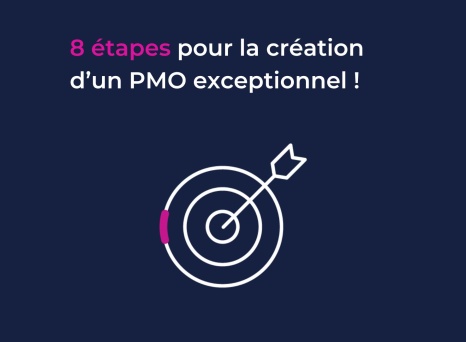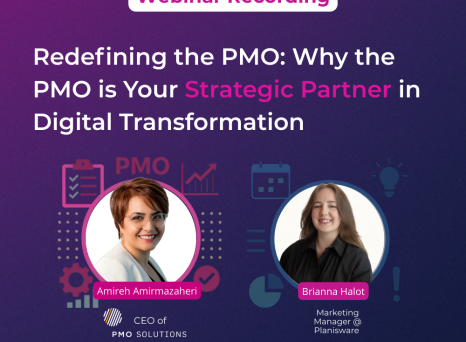If you Google project management, or attend a seminar about the subject, you'll find the topic centers around project performance, teams, stakeholders, workflow, collaboration, communication, monitoring and methodologies. In fact, the internet is full of content related to project methodologies. We always hear the terms: project charter, project roadmap and project strategy. Very few (or almost none) focus on trust, ethics, appropriate behavior and the moral dimension in the decision-making process for the success of any project.- despite the large number of articles focussing on leadership.
Project management ethics is an essential ingredient while managing projects. According to the PMI (Project Management Institute), “Ethics is about making the best possible decisions concerning people, resources and the environment. Ethical choices diminish risk, advance positive results, increase trust, determine long term success and build reputations.Leadership is absolutely dependent on ethical choices”.
In the January issue of PM Network, Michel O'Brochta (PMP and chair of PMI Ethics Member Advisory Group) states that “Ethics lead to trust, which leads to leadership, which in turn leads to project success.”
(The 4 steps to ethical decision process)
Because ethics is so key to executing projects successfully, the PMI has rolled out a Code of Ethics and Professional Conduct document to help project management practitioners do what is right and honorable. The document articulates ideals to which a project manager should aspire, and defines behaviors he or she should adopt to be successful. The purpose of the code is to instill confidence in the project management profession and to help an individual become a better practitioner. Most importantly, it helps project managers make wise decisions. The code of Ethics and Professional Conduct highlights ethical values such as trust, honesty, responsibility respect and fairness.
Trust, honesty, responsibility respect and fairness are critical values that create harmony and professionalism in teams, which in turn leads to project success. In an ever-changing world, especially in project management where there is a new methodology or process launched into the profession every year, these core values are something people can hold on to. In fact, trust is an international currency more powerful and valuable than the euro or the dollar, and its value is constant all over the world. Building trustworthy relationships across different cultures, time zones, teams and departments helps the smooth running of projects. Trust is the one common thread that holds together different cultural differences, disparate work cultures spanning various time zones, team members with different behaviors and departments with unique objectives, so it is imperative for a project leader to grasp onto this and develop trustworthy relationships.
Once the foundation of trust is built, the road ahead is not easy for a project manager. There will be many difficult situations where his or her moral compass will be tested. There will be times when he or she will face ethical dilemmas for challenges while managing projects. Making ethical decisions is not easy because not every ethical dilemma has one clear correct anwer - that's what makes it so tricky. During these situations they need to be careful to maintain their status as a trustworthy leader, because once there is a lapse of ethics and the trust shattered, it is extremely difficult to regain trust and make things right. Shortcuts and underhand behavior sometimes pay in the short term, but cause a lot of damage in the long term. Remember the Volkswagen Group's scandal last year in 2015? The company cheated the emission control systems by installing special software that misrepresented the data. Since then, the company suffered a huge loss of trust, leading to a drastic drop in sales and stock prices. Unfortunately, such breaches of ethics are quite common in the work place.
To avoid these kind of incidents, the PMI has produced an Ethical Decision-Making Framework. This document (which supplements PMI Code of Ethics and professional Conduct) describes steps that can be used to guide an individual in the project management profession through a process to make a decision when confronted with an ethical dilemma. It is intended as a guide for critical thinking throughout the ethical decision-making process.
A good project manager should adopt the PMI code of Ethics and Professional Conduct and make good use of the Ethical Decision-Making Framework - while senior managers or leaders should ensure that ethics permeate all aspects of organizational operations to be successful in the long run.


